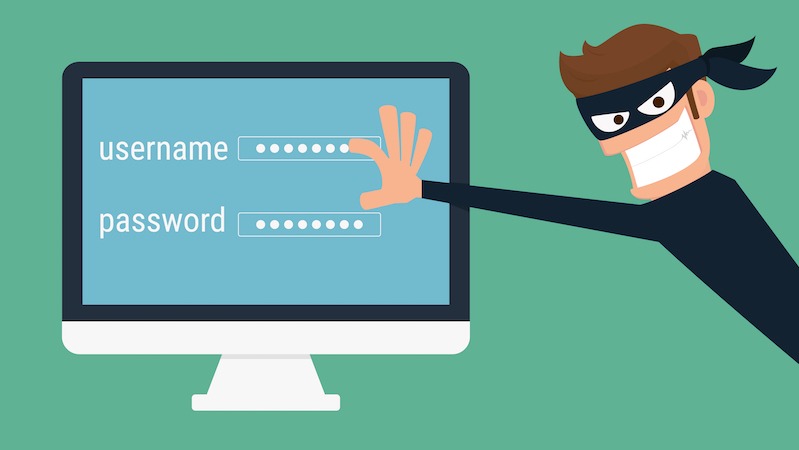From sensitive client information to employee social security numbers, your company’s digital data is valuable and needs to be protected. It’s been estimated that most employee passwords are crack-able within 6 hours. Creating strong passwords and good password management can help prevent data breaches and attacks from occurring.
Complex Passwords are Better
Attacks are commonplace these days, and most use one of three methods: brute force, dictionary attacks and social engineering. By creating complex passwords involving upper- and lower-case letters, numbers and symbols, you can make it harder for hackers to breach your system. Studies have shown that passwords at least eight characters long are more secure.
To avoid social engineering attacks, you should not use personal information in your password. Examples of this include your name, spouse’s name, phone number, birthdate, or social security number. This data can all be easily found and used to break into your account.
Using a password that is a dictionary word – even a foreign one – is also a bad idea. Hackers can set up programs to scan through dictionary words, and can quickly gain access to your sensitive data. Try substituting characters and numbers for letters, such as making “password” into “p@$$w0rd”.
Some passwords to definitely avoid include:
- admin
- password
- 123456
- abc123
You should also not repeat your username, or any portion of it, within your password. This makes it easier to hack.
Keep Passwords Secure
Best practices for password management include frequent password changes. Most experts recommend changing passwords every 30-90 days. You’ll want to avoid using the same password for multiple accounts, as this makes it easier for hackers to gain access to more information with less effort. If your employees log into personal accounts on the business network, you should encourage them to change these passwords frequently also.
With all these password changes, it can be difficult to keep track. Never write your password down and keep it by your computer. Instead, practice your password repeatedly over the first several days of use to help you remember. If you do write your password down temporarily to help you remember it, shred the paper when you are through.
By using strong passwords and keeping them secure, you drastically decrease your risk of a hacker attack. Educate your employees on good password formation and require frequent changes to maximize your protection.
[tagline_box backgroundcolor=”” shadow=”yes” shadowopacity=”0.1″ border=”0″ bordercolor=”#E41F3D” highlightposition=”left” content_alignment=”left” link=”/engage” linktarget=”_self” button_size=”medium” button_shape=”square” button_type=”flat” buttoncolor=”redButton” button=”Contact UBS” title=”Concerned about office data breaches?.” description=”Contact us today for more tips on how you can keep your data safe and secure.” animation_type=”0″ animation_direction=”down” animation_speed=”0.1″ class=”” id=””][/tagline_box]

